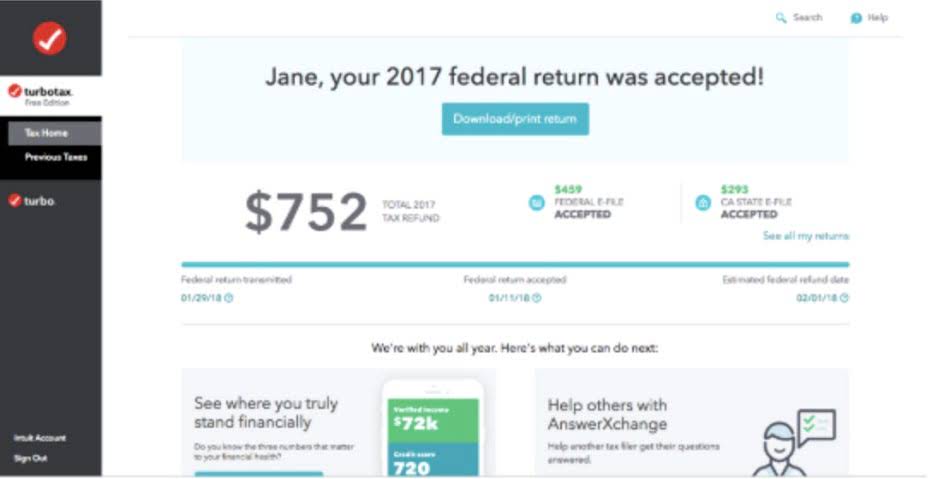······································································· What is Public Accounting? Definition, examples and services
······································································· Why The Code On Social Security, 2020, Misses The Real Issues Gig Workers Face
······································································· A Comprehensive Guide to Fund Accounting With Example
······································································· Alcohol Shakes Why Alcoholics Have Uncontrolled Shakes
······································································· Best Bookkeepers in San Jose California Bookkeeping Services
······································································· The Geopolitics of Art as a Querelle. Martí Peran
·······································································

A certified public accountant (CPA) is an accounting professional who has met certain education, exam, and experience requirements for licensure by a state board of accountancy. The people employed in public accounting are often certified public accountants or CPAs. Many accountants leave the larger public accounting firms after several years of experience and become an employee at a business or other organization. In their new position they are referred to as a private accountant, corporate accountant or internal accountant. Public accounting firms employ large numbers of certified public accountants (CPAs).
A private accountant is more likely to have a limited span of knowledge that may be confined to a single industry. The work environment for private accountants usually features no travel and a fixed work schedule and location. For these reasons, private accounting is often considered the more stable choice for day-to-day work. https://www.bookstime.com/articles/payroll-automation Experience in public accounting and your degree and licensure can make getting hired as a CPA easier. Also, some states require two years of public accounting experience to get a CPA license. The modern public accountant must embrace lifelong learning, staying abreast of technological advancements and regulatory changes.
Pros & Cons of Working in Private Accounting
Federal and state laws require CPAs to maintain independence when performing audits and reviews. While consulting at Enron, Arthur Andersen CPAs did not maintain independence and performed both consulting services and auditing services, which violates the CPA code of ethics. Though known for their role in income tax preparation, CPAs can specialize in many other areas, such as auditing, bookkeeping, forensic accounting, managerial accounting, and even aspects of information technology (IT). Depending on your specific skills, the average CPA accounting salary may be higher than other accounting professionals in the workforce.
I love working with not-for-profit clients for that very reason — I feel like I’m really contributing to their mission by helping them have good financial information on which to make smart business decisions. As a self-employed consultant, I still use all the basic building blocks of accounting that I learned in college, pursuing my CPA, and working in public accounting. Explore programs of your interests with the high-quality standards and flexibility you need to take your career to the next level. Accounting.com is committed to delivering content that is objective and actionable. To that end, we have built a network of industry professionals across higher education to review our content and ensure we are providing the most helpful information to our readers. A private accountant will probably have knowledge that applies to a single sector.
Public Accounting Specializations
Private accounting is entirely different, since it involves setting up systems and recording business transactions that are aggregated into financial statements. Based on these general conceptual views of the two areas, the following differences can be defined between public accounting and private accounting. Concordia’s online accounting program is offered in a blended format and includes 40 credit hours that students can complete on-campus and online. Building on a core business education, it prepares students for the CPA and certified management accountant (CMA) certifications. Generally speaking, the discipline of public accounting is where most accountants begin their careers. This is because it enables accountants to gain a broad base of experience in the early years of a career.
Their adaptability and expertise make them indispensable in guiding businesses through the complex terrain of modern commerce. The CPA exam is a grueling test of one’s accounting acumen, and success requires months of rigorous preparation. Candidates often turn to CPA review courses and study materials to navigate the complex terrain of the exam.
What Are the Responsibilities of a CPA?
Job satisfaction tends to be higher in private accounting because professionals create business transactions and report effectiveness. Private accountants, on the other hand, are trained in the processing of a variety of accounting transactions, such as accounts payable and billings. The knowledge of private accountants may be limited to the work they are responsible for. As you fulfill the CPA requirements, it’s a good idea to keep your job search materials updated, including your resume and LinkedIn profile. It’s also a good idea to improve your interviewing skills, such as researching a company, preparing questions to ask the hiring manager, and presenting your qualifications. Public accountants depend on the regulatory framework with unwavering reliance in their daily practice.

I was lucky to have amazing accounting teachers at the Isenberg School of Management at University of Massachusetts Amherst that really encouraged my interest in accounting. Integrity Network members typically work full time in their industry profession and review content for Accounting.com as a side project. All Integrity Network members are paid members of the Red Ventures Education Integrity Network. During this meeting you’ll want to suss out their experience, like how long they’ve been working and who their typical client is, as well as determine how much they charge.
That could have boosted net operating income to $9.6 million—a big step up from $4.3 million—but still shy of the $13 million that appears in the Deutsche report. Find your state’s Board of Accountancy and review its website to get clarity on what you’ll need to do. The CPA designation has become more important after the Sarbanes-Oxley (SOX) Act of 2002, which was passed partly in response to corporate financial scandals like the Enron affair. Other countries have certifications equivalent to the CPA designation, notably, the chartered accountant (CA) designation. Once you’ve met all your state’s requirements, you can apply to take the CPA Exam. Some states may require an ethics exam or ethics course to finalize CPA licensure.
- It’s also a good idea to improve your interviewing skills, such as researching a company, preparing questions to ask the hiring manager, and presenting your qualifications.
- Public accountants are the gatekeepers of fiscal transparency, ensuring that financial statements are accurate, reliable, and adhere to regulatory standards.
- Public accounting also includes filing corporations’ records with the Securities and Exchange Commission (SEC) and potential investors.
- Their work often involves constructively analyzing the work of clients as well.
- If you’re looking for a career path that doesn’t require earning a CPA license, private accounting is the right path for you.
- As you fulfill the CPA requirements, it’s a good idea to keep your job search materials updated, including your resume and LinkedIn profile.
- Good communication skills are essential for public and private accountants, but public accountants are expected to have strong organizational skills.
So, it’s time to take a closer look at the core functions of public accountants, breaking down the major directions of their practice and the regulatory framework they work within. Adaptability and a commitment to ongoing education are crucial for what is public accounting CPAs to provide valuable guidance and maintain the financial health and integrity of businesses in these diverse industries. Public accountants provide a range of accounting services that extend far beyond traditional auditing and tax preparation.
What is a CPA? What does a Certified Public Accountant do?
In addition to building your accounting capabilities, Franklin gives you a jump-start on pursuing a professional certification, saving you both time and money. This comprehensive examination is a formidable barrier to entry, testing candidates on their knowledge, analytical skills, and ability to apply accounting principles in real-world scenarios. If a public accounting firm is hired to audit the financial statements of a client, then independence rules restrict the ability of the firm to provide many of the other services just noted. For example, a firm cannot prepare the financial statements of a client and audit those statements. It’s not easy to untangle all of this—in part because the Trump Organization, whose longtime chief financial officer was not a certified public accountant, seemed to have strange bookkeeping practices.